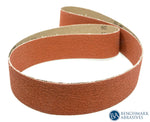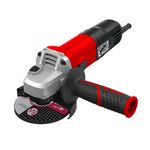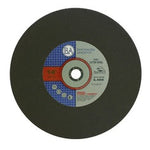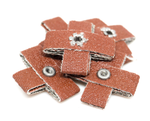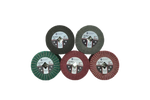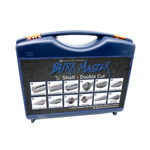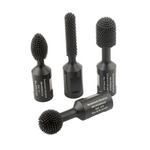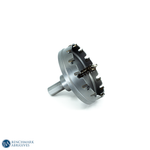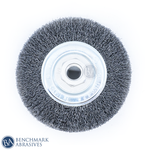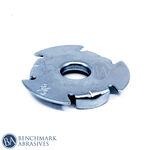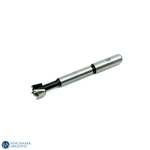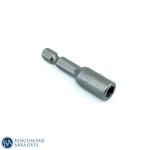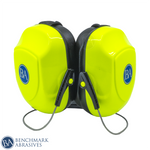
What to Know About Silver and Deming Drill Bits
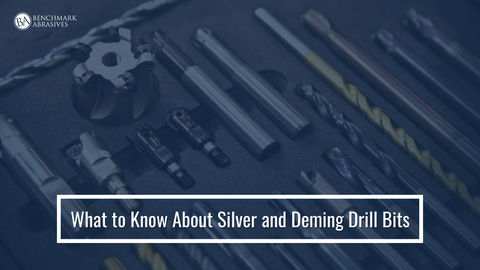
Hard drill bits are utilized for intricate metalworking and woodworking applications. The wheel wave business began in the 1800s; therefore, these parts were made in the US for a very long period. As the West was expanding, people and commodities were transported by sturdy wagon wheels.
These settlers required strong fasteners to be used with solid materials that required drilling.
History Of Silver And Deming Drill Bits
Drill bits made by Silver & Deming earned a special spot in industrial drilling. It started in the mid-19th century when Albert R. Silver and John Deming first established their business in 1854 to generate agricultural tools. However, because of their love for entrepreneurship, they broadened their category and eventually started manufacturing drilling machines. During this period, they created the unique design of large-sized twist drill bits with a reduced shank. This increases the versatility and efficiency of drilling procedures, enabling them to utilize larger drill bits in chucks with smaller capacities.
Silver and Deming became widely popular and were often preferred by other manufacturers despite never having a patent. These drill bits are still referred to or recognized as Silver & Deming drills, which is proof of their everlasting legacy and the long-lasting effects of their contribution to industrial drilling.
Silver and Deming Drill Bits
In reality, drill bits are being discussed when Silver & Deming drills are brought up. In cases where the drill chuck’s highest capacity is ½ inch, Silver and Deming drills are often used with all-purpose bits. There are several names given to these drill bits in Canada, including Prentice Drills, S&D Drills, and Blacksmith Drills. It is 6 inches long and has a 3-inch shank.
Bits At 118 Degrees
Various fractional and metric sizes and functions of Silver & Deming bits are available. 118-degree points, which are standard and heavy-duty bits, are often used for machine or portable drilling of aluminum, magnesium alloys, mild steel, and ferrous or non-ferrous metals.
Bits At 135 Degrees
Bits at 135-degree points are heavy-duty drill bits. They are perfect for machine or portable drilling of stainless steel, hard steel, titanium, and other hard metals.
Additional Elements
The oxide surface on the flutes of Silver and Deming drill bits helps to hold lubricants in place and makes chip welding easier. Between 200% and 700% more holes can be drilled using a bit and shank coated with tin or titanium nitride compared with conventional equipment. Certain bits with split tips can self-center and shatter chunks when drilling. Certain shanks are three-sided to fit three-sided chucks.

